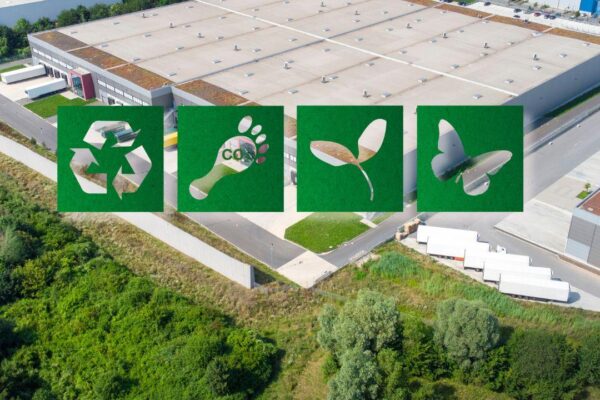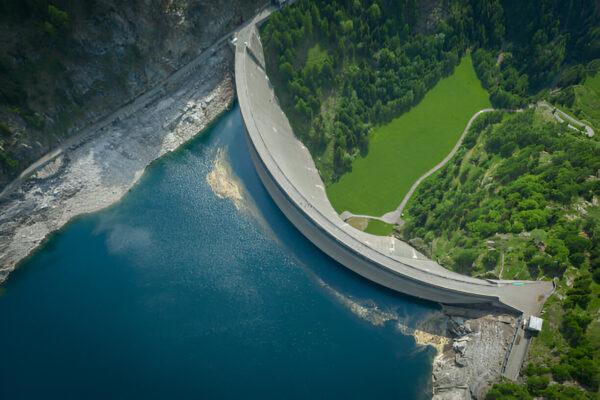The global movement toward carbon neutrality has accelerated the adoption of carbon markets as a tool for mitigating greenhouse gas (GHG) emissions including in ASEAN countries. Characterized by rapid economic growth and increasing environmental concerns, ASEAN member states are progressively engaging in carbon trading mechanisms.
This article explores the trends of carbon markets within each ASEAN country, by seeing its challenges, opportunity, and economic impacts.
Read other articles : Carbon Market: A New Way for Sustainable Future
Table of Contents
ToggleCarbon Markets in ASEAN
Carbon markets operate as platforms where carbon credits are bought and sold, allowing countries and corporations to offset emissions. ASEAN nations have shown a growing interest in carbon pricing mechanisms, either through cap-and-trade systems or carbon taxes. Take example Singapore and Indonesia, as frontrunners in the region’s carbon market development.
Singapore implemented Southeast Asia’s first carbon tax in 2019, initially priced at SGD 5 ($3.7) per metric ton of CO2-equivalent emissions. The government plans to raise this to SGD 50–80 per ton by 2030, ensuring a significant impact on emission reductions. The Singapore Exchange (SGX) has also introduced Climate Impact X (CIX), a carbon trading platform facilitating high-quality carbon credit transactions.
Alongwith Singapore, Indonesia launched its carbon exchange in 2023. Operated by the Indonesia Stock Exchange (IDX), the platform aims to regulate carbon trading and support Indonesia’s target of achieving net-zero emissions by 2060.
Economic and Environmental Impacts

In ASEAN, carbon markets influence both economic growth and environmental sustainability. A well-functioning carbon market can contribute to a country’s GDP while reducing emissions. ASEAN’s engagement in carbon markets is estimated to reduce emissions by 20–30% over the next decade, according to data from the ASEAN Centre for Energy.
The implementation of a carbon market will create financial incentives for businesses to adopt cleaner technologies and improve energy efficiency. By putting a price on carbon emissions, these markets encourage companies to shift towards renewable energy sources and low-carbon innovations.
In ASEAN, the implementation of carbon pricing mechanisms, such as emissions trading systems (ETS) and carbon taxes, has gained momentum. Countries like Indonesia, Singapore, and Vietnam have already introduced frameworks for carbon trading, aiming to balance economic development with sustainability goals.
Challenges of Carbon Market in ASEAN
Despite the progress, ASEAN faces several challenges in scaling carbon markets effectively. One of the challenges by ASEAN member states is still lack of clear regulatory frameworks, causing hesitation among investors. Besides, varying carbon pricing mechanisms across ASEAN limit regional integration.
Another major challenge is the limited technical capacity and infrastructure needed to support carbon market operations. Many ASEAN member states lack robust monitoring, reporting, and verification (MRV) systems, which are essential for ensuring transparency and credibility in carbon trading. Without standardized MRV frameworks, there is a risk of inconsistencies in emissions accounting, making it difficult to build investor confidence.
Opportunities of Carbon Market in ASEAN
Beside the challenges, the carbon market is having a promising opportunity in ASEAN. A well-integrated regional carbon market allows for seamless cross-border trading of carbon credits, attracting more investors and fostering cooperation among member states. By establishing common regulatory standards, ASEAN can build a more efficient and credible carbon trading system.
The adoption of advanced technologies also matters. Such as blockchain and AI-driven verification systems can improve the integrity and tracking of carbon credits. Blockchain ensures transparency and security in transactions, reducing the risk of fraud and double counting. Meanwhile, AI-powered monitoring systems can enhance accuracy in emissions measurement and compliance reporting, making carbon markets more reliable and efficient.
Future of Carbon Market in ASEAN
With the current condition that we can see, that ASEAN carbon market landscape is evolving rapidly, by 2030 ASEAN countries could see a significant rise in carbon trading activities, potentially linking with global markets such as the EU ETS and China’s national carbon market. The key to success lies in robust regulatory frameworks, enhanced market transparency, and cross-border cooperation.
Industry sectors in ASEAN such as energy, manufacturing, and transportation stand to benefit from carbon trading by adopting cleaner technologies and optimizing resource efficiency. By integrating carbon pricing into their operations, companies can not only comply with environmental regulations but also gain a competitive edge in international markets that prioritize sustainability.
Especially now we have Satuplatform as all-in-one climate management solutions who provides you with carbon calculator platform and consultancy. Try our FREE DEMO now!
Similar Article
Low GHG Emission, High Impact: Everyday Materials That Could Reshape Green Manufacturing
The shift toward sustainable production practices has spurred growing interest in low-carbon materials that support greener industrial processes. Emerging materials,…
Does “Eco-friendly” Labels Mean Green Product in Green Industry?
Businesses and consumers alike are navigating a flood of products claiming to be “eco-friendly” or “green.” These labels, often used…
Dilema Biomassa: Transisi Energi Berkelanjutan atau Perusakan Lingkungan?
Dalam upaya mencapai target net-zero emission pada 2060, Indonesia mendorong transisi energi dari bahan bakar fosil ke sumber energi terbarukan.…
Energi Terbarukan di Indonesia: Mengapa Surya dan Hidro Menjadi Pilihan Utama?
Sebagai negara kepulauan terbesar di dunia, Indonesia menghadapi tantangan besar dalam memenuhi kebutuhan energinya. Di tengah komitmen untuk mencapai net…
Emisi Karbon Penerbangan Meningkat: Tantangan Baru bagi Industri Aviasi
Emisi Karbon Sektor Penerbangan Setelah mengalami penurunan drastis selama pandemi COVID-19, industri penerbangan global kini menunjukkan pemulihan yang signifikan. Namun,…
Adaptasi Bisnis di Era Krisis Energi
Pasokan bahan bakar menjadi semakin terbatas, dengan harga yang melambung tinggi, merupakan salah satu bukti bahwa dunia sedang mengalami krisis…







